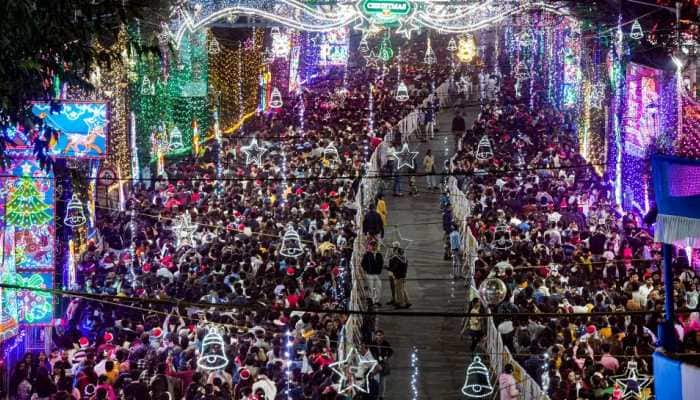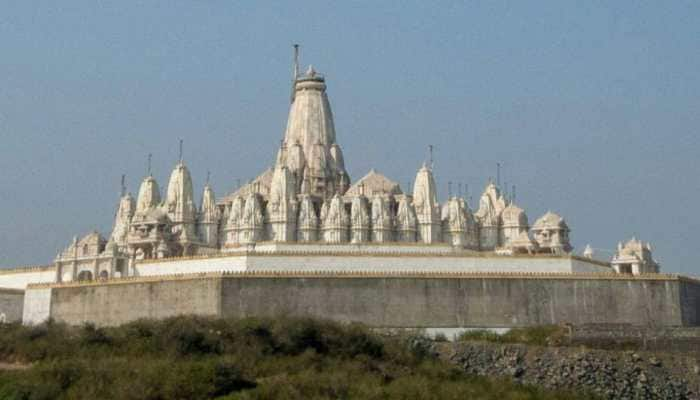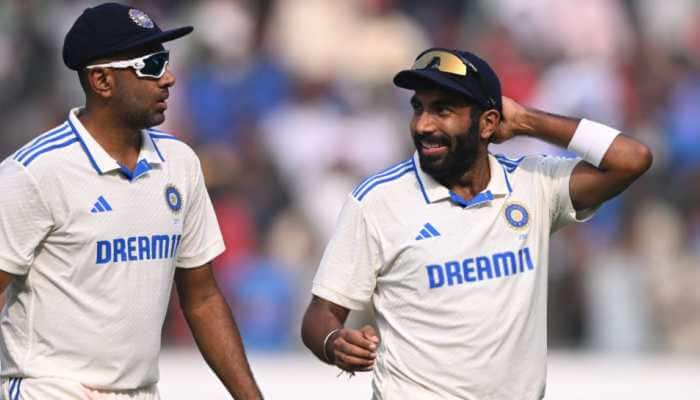President Jair Bolsonaro, Lula headed to runoff after tight Brazil election
Brazil's top two presidential candidates - Luiz Lula da Silva and Jair Bolsonaro - will face each other in a runoff vote on October 30.
Trending Photos
)
Rio de Janeiro: Brazil's top two presidential candidates will face each other in a runoff vote after neither got enough support to win outright Sunday in an election to decide if the country returns a leftist to the helm of the world's fourth-largest democracy or keeps the far-right incumbent in office. With 99.6% of the votes tallied, former President Luiz Lula da Silva had 48.3% support and President Jair Bolsonaro had 43.3%. Nine other candidates were also competing, but their support pales to that for Bolsonaro and da Silva, who is commonly known as Lula.
The tightness of the result came as a surprise, since pre-election polls had given da Silva a commanding lead. The last Datafolha survey published Saturday had found a 50% to 36% advantage for da Silva. It interviewed 12,800 people, with a margin of error of 2 percentage points.
Speaking at a post-vote press conference, da Silva referred to the scheduled Oct. 30 runoff vote against Bolsonaro as "extra time" in a soccer game.
"I want to win every election in the first round. But it isn't always possible," he said.
Bolsonaro outperformed expectations in Brazil's southeast region, which includes populous Sao Paulo, Rio de Janeiro and Minas Gerais states, according to Rafael Cortez, who oversees political risk at consultancy Tendencias Consultoria.
"The polls didn't capture that growth," Cortez said.
Bolsonaro's administration has been marked by incendiary speech, his testing of democratic institutions, his widely criticised handling of the COVID-19 pandemic and the worst deforestation in the Amazon rainforest in 15 years. But he has built a devoted base by defending conservative values, rebuffing political correctness and presenting himself as protecting the nation from leftist policies that he says infringe on personal liberties and produce economic turmoil.
A slow economic recovery has yet to reach the poor, with 33 million Brazilians going hungry despite higher welfare payments. Like several of its Latin American neighbors coping with high inflation and a vast number of people excluded from formal employment, Brazil is considering a shift to the political left.
Bolsonaro has repeatedly questioned the reliability not just of opinion polls, but also of Brazil's electronic voting machines. Analysts fear he has laid the groundwork to reject results.
At one point, Bolsonaro claimed to possess evidence of fraud, but never presented any, even after the electoral authority set a deadline to do so. He said as recently as Sept. 18 that if he doesn't win in the first round, something must be "abnormal".
Da Silva, 76, was once a metalworker who rose from poverty to the presidency and is credited with building an extensive social welfare program during his 2003-2010 tenure that helped lift tens of millions into the middle class. But he is also remembered for his administration's involvement in vast corruption scandals that entangled politicians and business executives.
Stay informed on all the latest news, real-time breaking news updates, and follow all the important headlines in india news and world News on Zee News.
Live Tv







)
)
)
)
)
)
)
)
)
)
